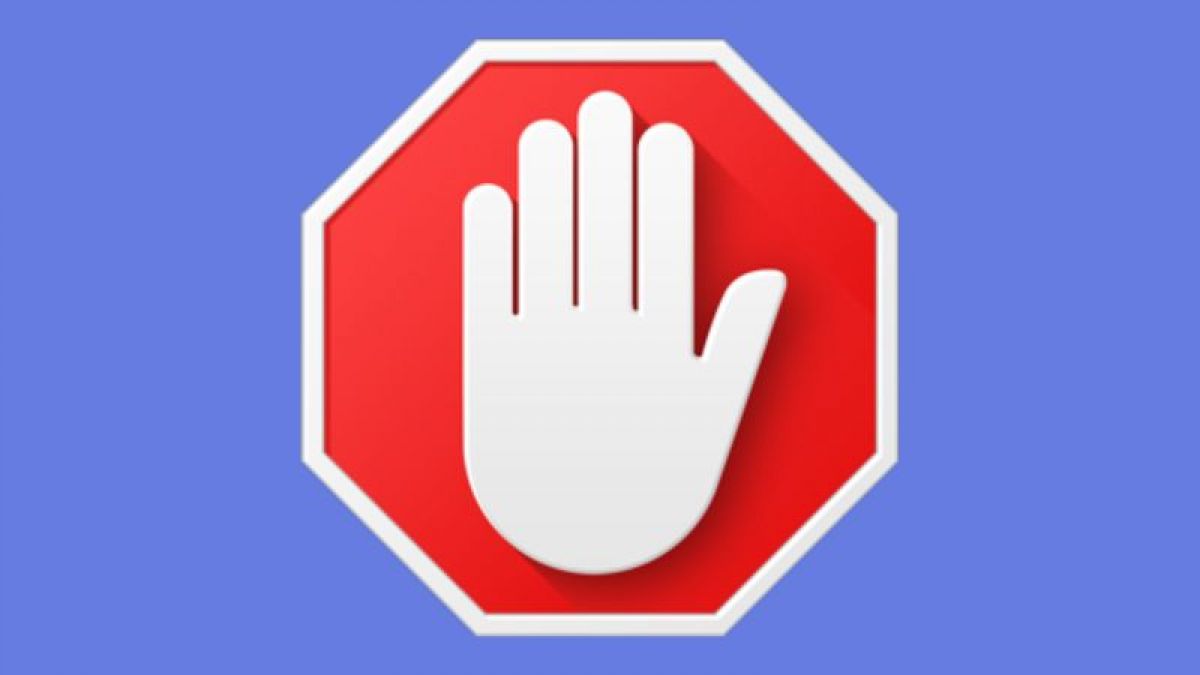
Google has announced upcoming changes in the Chrome browser that will disrupt the work of modern and effective ad blockers like Ghostery or uBlock Origin. They differ from classic advertising filters like AdBlock in that they block banners before they are downloaded to a computer or smartphone.
To do this, modern blockers use the webRequest programming interface (API) in Chrome. As part of a set of changes to the Chrome extension systems called Manifest V3, Google will prohibit Chrome extensions on individual users' computers to control the operation of web Request. According to the sources, this option will remain only for corporate users who use Chrome as part of the paid suite of G Suite applications and services.
For the first time, upcoming changes were announced in January. Plans to deprive users of the most popular browser in the world to decide how the sites look on their computer, caused discontent, but Google insists on its own. A company that earns most of its revenue from advertising services, apparently, can no longer allow its “free” users an excessive level of freedom.
The ad blocking methods in Google’s browser have a number of limitations. For example, the list of blocking rules, which includes typical ad system addresses, is currently limited to 30,000 entries in Chrome, while popular lists like EasyList have over 75,000 rules. Google says that they will study the possibility of revising the restriction, looking at how this will affect performance, but they do not promise anything concrete.
Raymond Hill, the leading uBlock Origin developer, said in an interview with The Register that Google’s decision should not be surprising: ad blocking goes against the interests of the main search engine business. Hill even discovered that in the official documents filed by the owner of the search engine, Alphabet, the US Securities and Exchange Commission directly mentions the threat of ad blocking for Google’s revenue.
By depriving users of effective methods of managing the display of content in their browser, Google will push some of them to install competing products that do not have such problems - for example, Firefox, Brave or Opera.